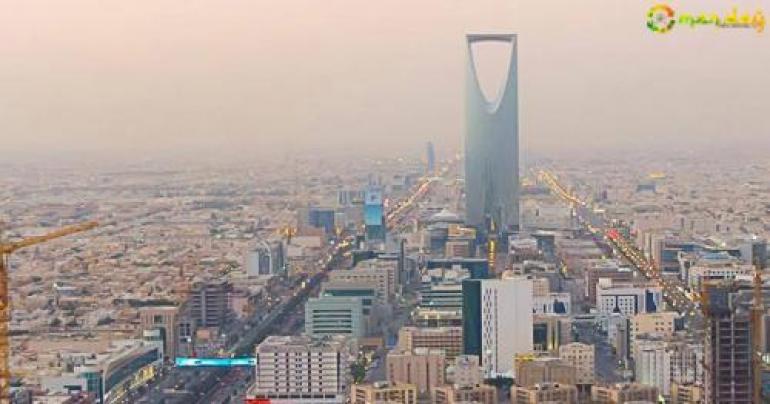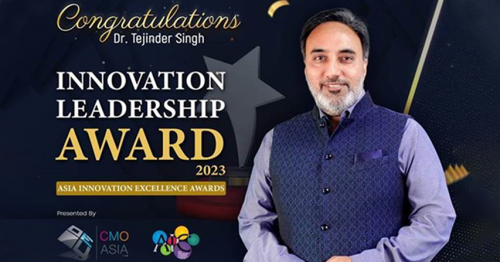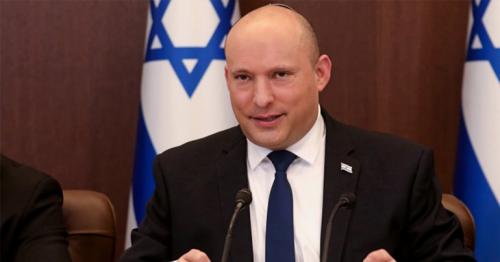Rule of law essential to attract foreign investment, says top US management consultant
Countries in the Middle East and North Africa must pursue the “transparent enforcement of the rule of law” if they are to attract vital foreign direct investment, according to a leading consulting firm advising several governments in the region, including that of Saudi Arabia.
AT Kearney, the American consultant, said that corruption is one of the big factors deterring foreign investment in the Middle East, and praised Saudi Arabian government plans for economic reform, which it described as a “genuine committed effort” to transform the Kingdom’s economy and society.
“The Saudi reform efforts are incredibly impressive, and the commitment to achieving them is sincere,” said Rudolph Lohmeyer, vice president of Kearney’s global business policy council.
He said that foreign direct investors were attracted to countries with “addressable” market size, such as Saudi Arabia, Egypt and Turkey, but had been deterred by the historically high levels of political risk in the region, resulting in limited investment compared with other parts of the world.
Further reform is required in regional economic and political sectors in MENA if it is to successfully complete the transformations underway in many countries by 2030, he said.
Lohmeyer said that countries in the region, including the six Gulf Cooperation Council countries, had to establish a “regional security architecture” to head off possible inter-state conflicts, and increase the comparatively low pace of economic and trading integration between them.
He advocated “arrangements between adversaries,” such as informal channels of communications between leaders of regional governments, to defuse tensions and head off potential conflicts. “A number of leaders have expressed interest in this idea,” he said, without identifying them.
Lohmeyer was speaking in Dubai at an event to announce the establishment of Kearney’s National Transformations Institute, a unit based in the UAE to analyze and monitor the progress of governments trying to modernize their economies.
He said that policymakers in the region faced several challenges in achieving the planned transformations, including economic integration, improving trade flows, optimizing foreign direct investment and implementing fiscal policy transitions.
On trade, Lohmeyer said that “geography was not enough” to counter falling global trade levels, but pointed out that volumes of trade in the region were increasing and were crucial elements of regional economies, for example accounting for 40 percent of Dubai’s economy.
On the implications for government finances of comparatively low oil prices, he said it was vital for governments to lower public sector wage bills and reduce the gap between public and private sector pay.
Erik Peterson, AT Kearney managing director, said that global economic growth was “synchronous, rather than synchronized”, with a positive short-term outlook, but with increasing challenges after that.
The risks to the global economy came from from low productivity, high levels of debt, political instability, and populism leading to “islandization” rather than globalization, he said.
tag: international-news , business
Share This Post






